Our Messages
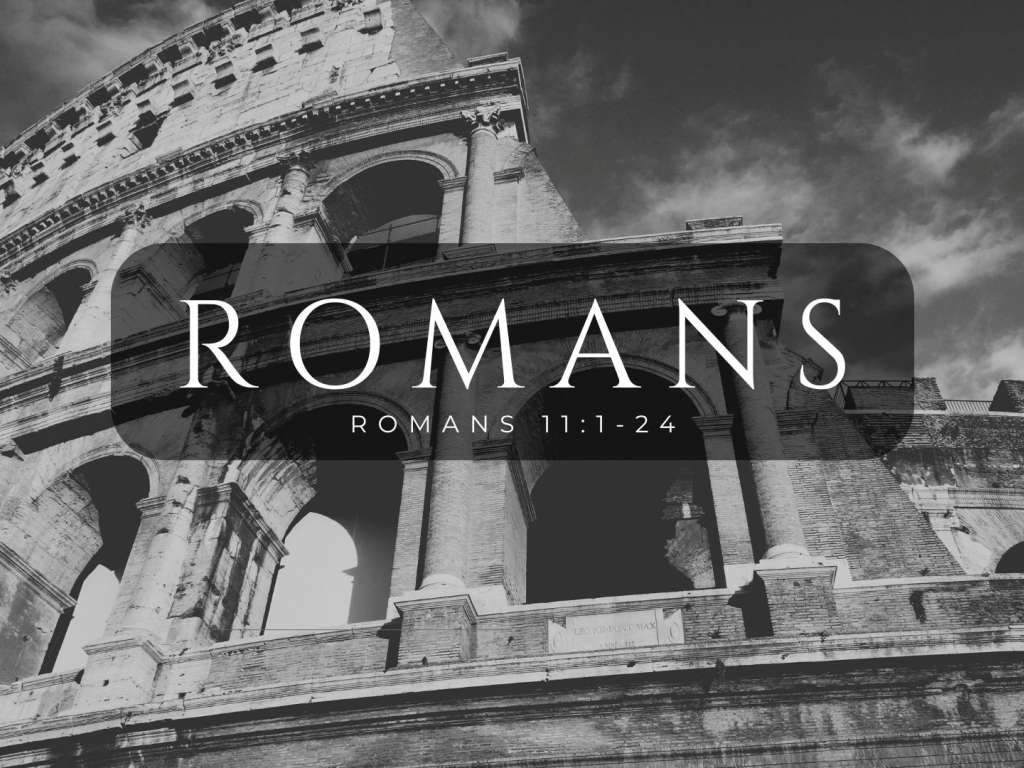
Romans 11:1-24
Last week, we saw the Jews had a choice. But they chose to reject Jesus and they chose to disregard the gospel. The truth is that we all have to make this same choice. However, all the Jews have not rejected Him. Just like in the days of Elijah, there is a faithful remnant among God’s people. And the truth is, even today, God’s plan still includes the Jews.
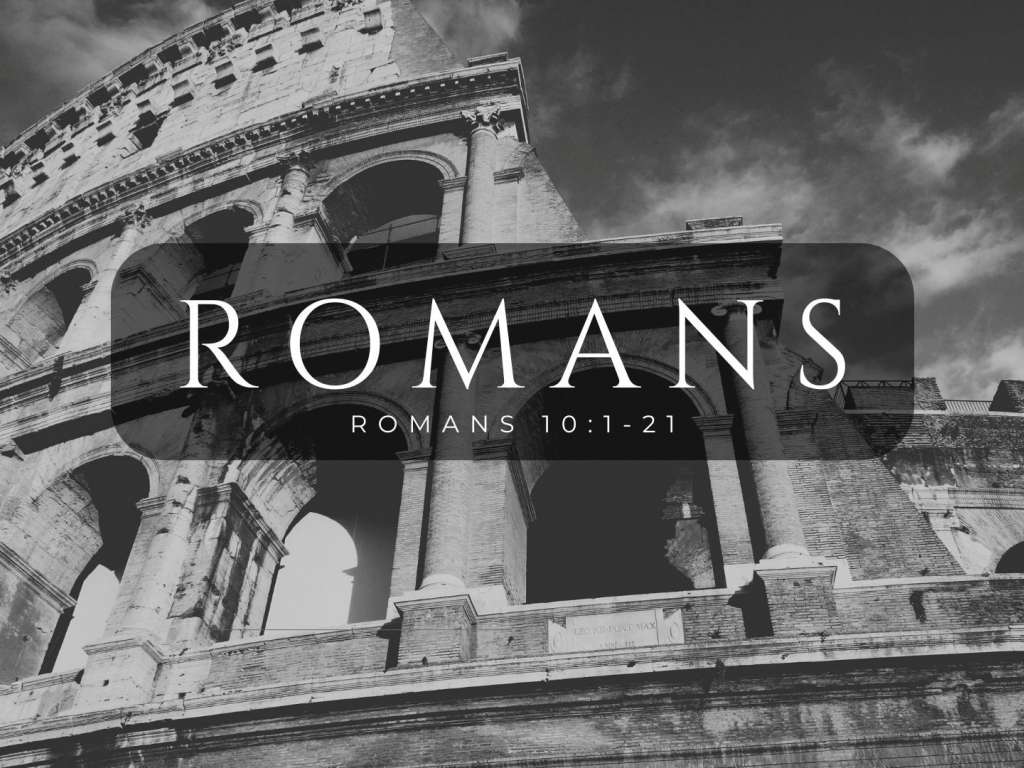
Romans 10:1-21
Paul begins this chapter expressing his desire that his fellow Jews would be saved. He commends their zealousness, but points out that they're missing God's righteousness. He's been trying to show that faith is the key to receiving right standing with God. And he shows how simple it is when we "confess with our mouth Jesus as Lord a d believe in our hearts that God has raised Him from the dead." This is foundational for the life lived by faith. We're encouraged to build our faith by "absorbing" the Holy Scriptures. To end the chapter, Paul quotes several OT passages that shed some light on problem.

Romans 9:19-33
We ended last week discussing that the argument Paul is making was not one of exclusion, but inclusion. Today, we are going to get to the heart of the matter - that these scriptures were not referenced to show that God only choses certain people. However, the idea that salvation would be offered to anyone other than the Jews offended them because they were God’s chosen people. But, because they rejected Him, God chose to offer salvation to us all.
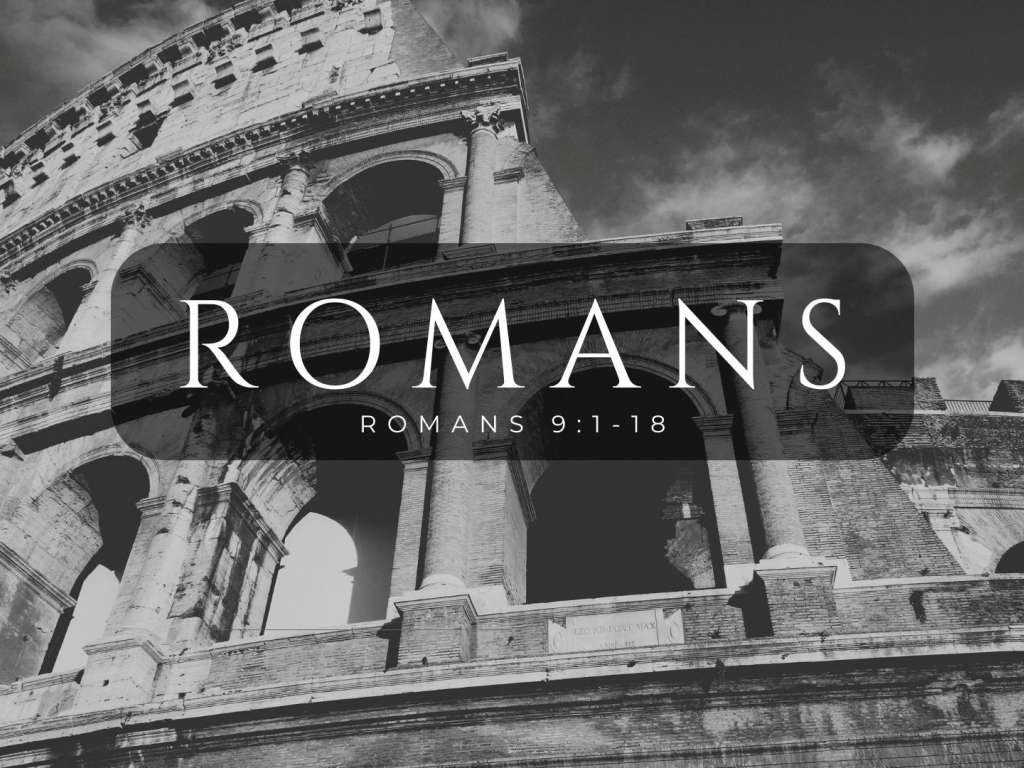
Romans 9:1-18
Last chapter we looked at how we have become adopted in to God’s family as sons, and as such, we enjoy all being an heir to God entails. Today we see what might look like a strange shift to a focus on the nation of Israel. But really, it is just a continuation of his argument of justification by faith. Today Paul deals with the Jews grand objection, which was that the rejection of the Jews and the inclusion of the gentiles was against the word of God.
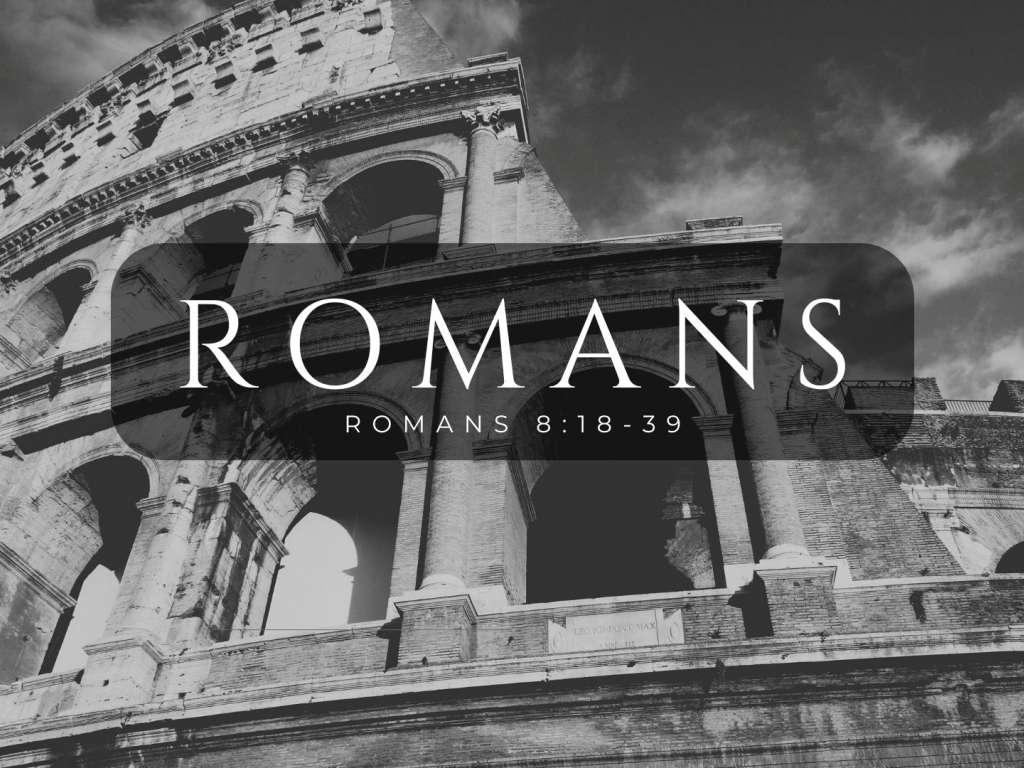
Romans 8:18-39
Paul gives us insights on how to live a Spirit led life. All of creation longs for Jesus and the promise of final redemption. This is our blessed hope while we patiently journey together in this life. The best is yet to come!
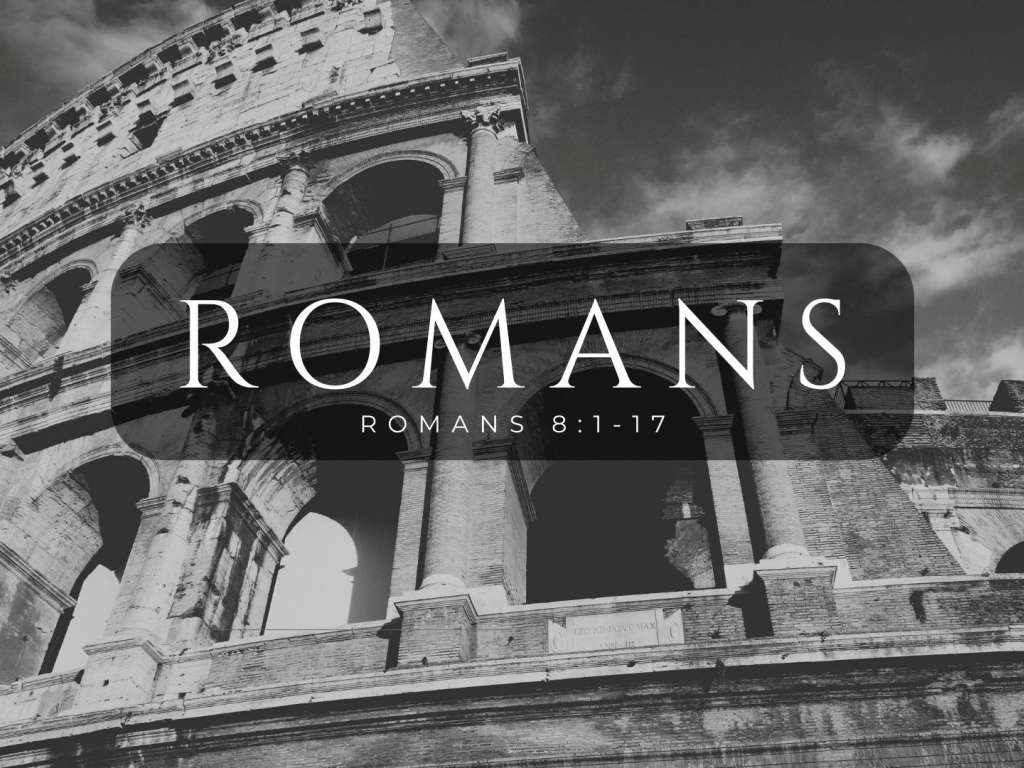
Romans 8:1-17
Unfortunately, many Christians live defeated, in spiritually infancy and spiritual poverty, continually condemned for their failures. They don’t realize what was actually accomplished when Christ went to the cross for them. They don’t realize that they are in fact victorious in Him, so they live as people defeated, continuing on in slavery even though they have been set free. But as Christians, we don’t have to live like this. We can know that we are saved. We can know that we are not under condemnation for our failures. We can know that we are children of God. And we can know that we are co-heirs to the kingdom with Christ. We must only live according to the Spirit instead of trying to do it all in our own strength.
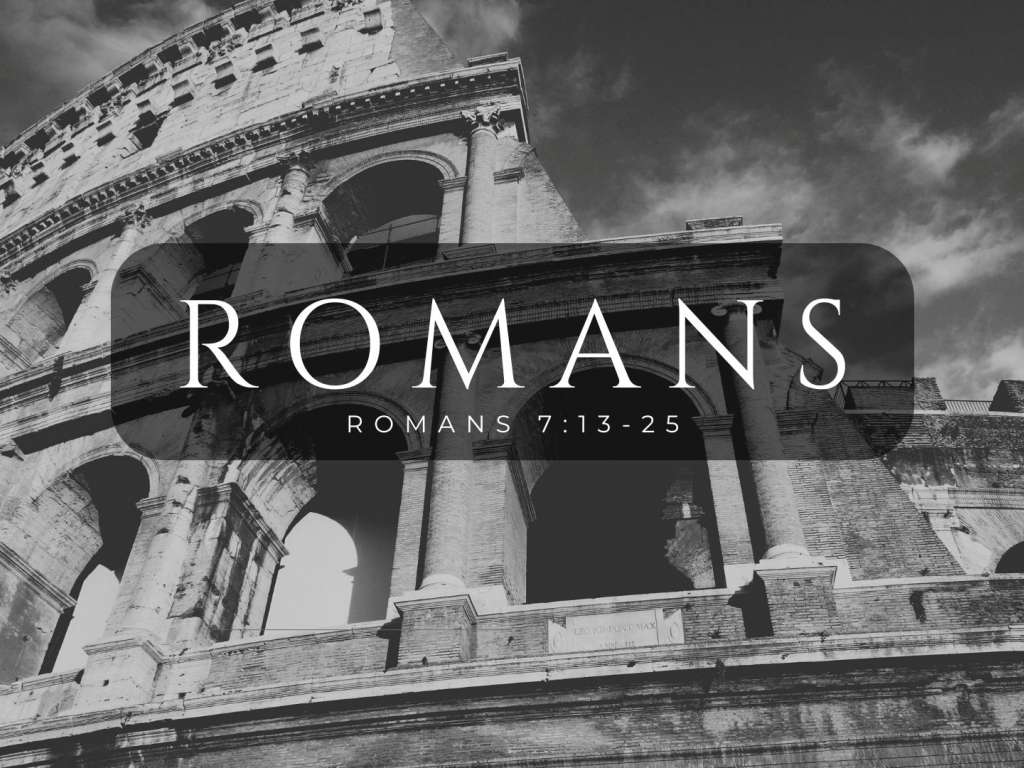
Romans 7:13-25
Have you ever done something that you didn’t want to do? Did it seem like you were dealing with an unwinnable internal struggle? Today we are going to talk about that internal struggle and the solution as we dive into Paul’s letter regarding the two natures. We are going to determine what Paul really means when he says he is doing the things he hates. And we are going to look at some common misconceptions and misapplications of these scriptures.
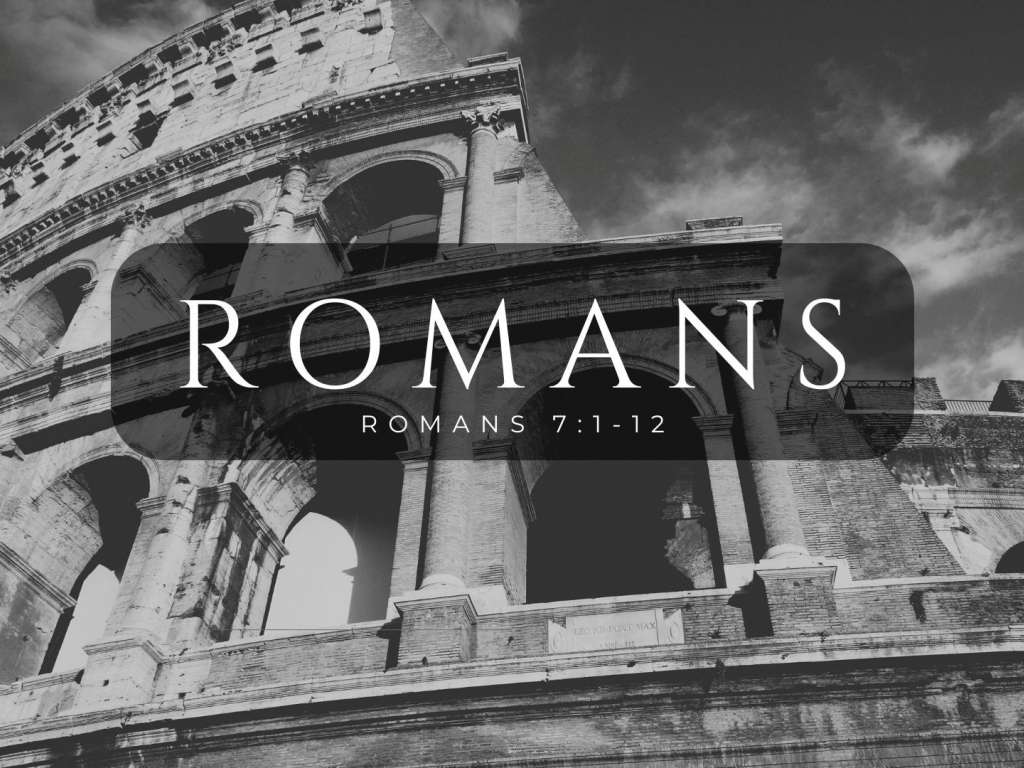
Romans 7:1-12
One of the key things to grasp as a Christian is we are dead to the law. Those who don’t get caught up in legalism having to follow the law or do certain things in order to please God or earn His favor. However, as Christians, we don’t do these things because we are trying to perform to meet a standard. But rather we live a Godly life as the result of fruit from a changed life.
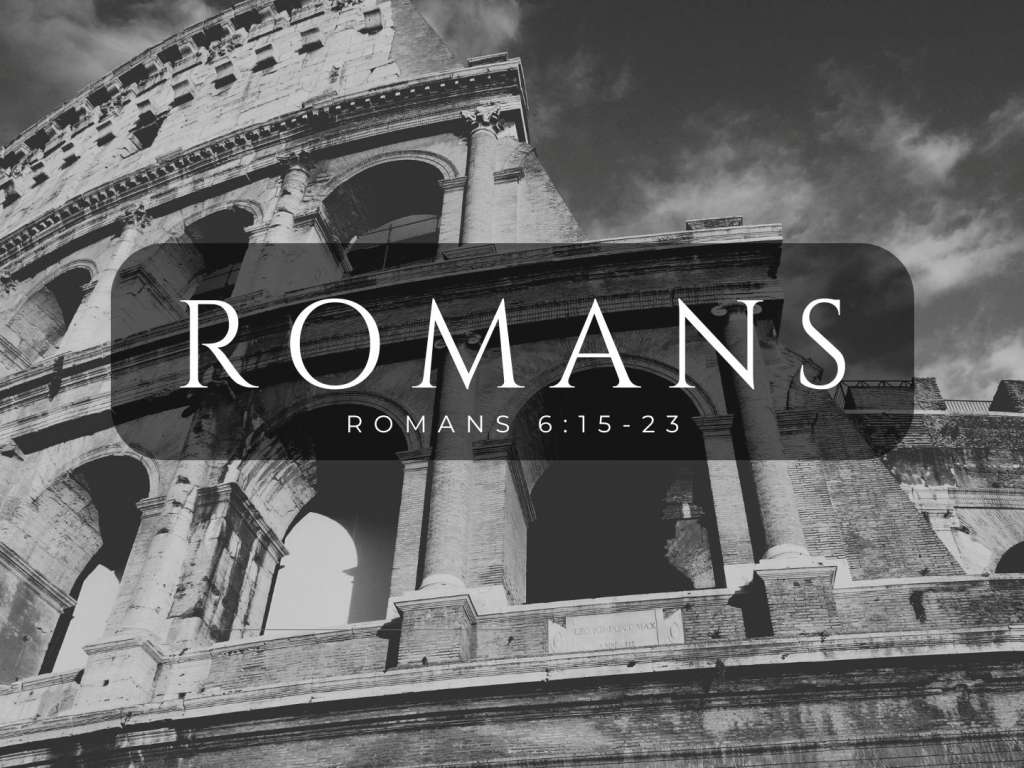
Romans 6:15-23
The entire purpose of chapter 6 is to drive home the point that grace is not about being a free pass to do whatever we want. Jesus dying and paying for our sins was much more than a legal transaction. It wasn’t just to get us off, but rather, it was the basis for restoring a living relationship with God. It wasn’t just to clear out our sin, but to change us so we could live a sanctified life that is worthy of being in relationship with a perfect God. It is supposed to change us.
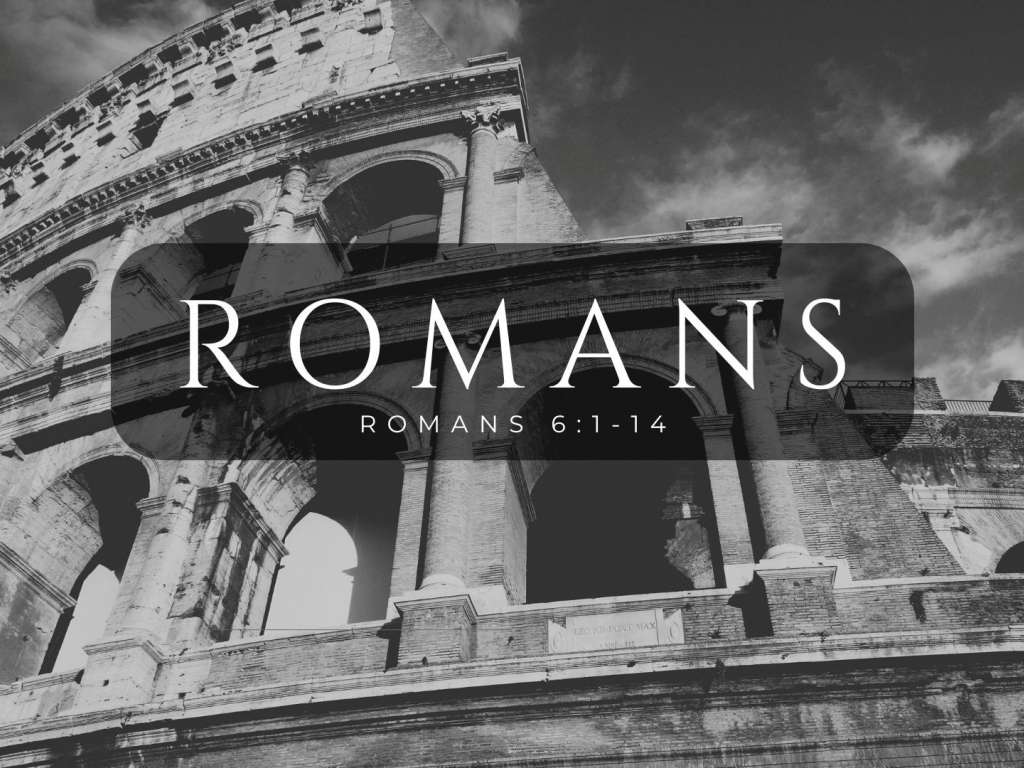
Romans 6:1-14
Paul ended last week by saying that as sin increased, grace abounded all the more. However, so that this would not be misconstrued as a reason to continue sinning and helping God's "grace to abound", Paul makes it clear that we are dead to sin and should live lives obedient and glorifying to God.
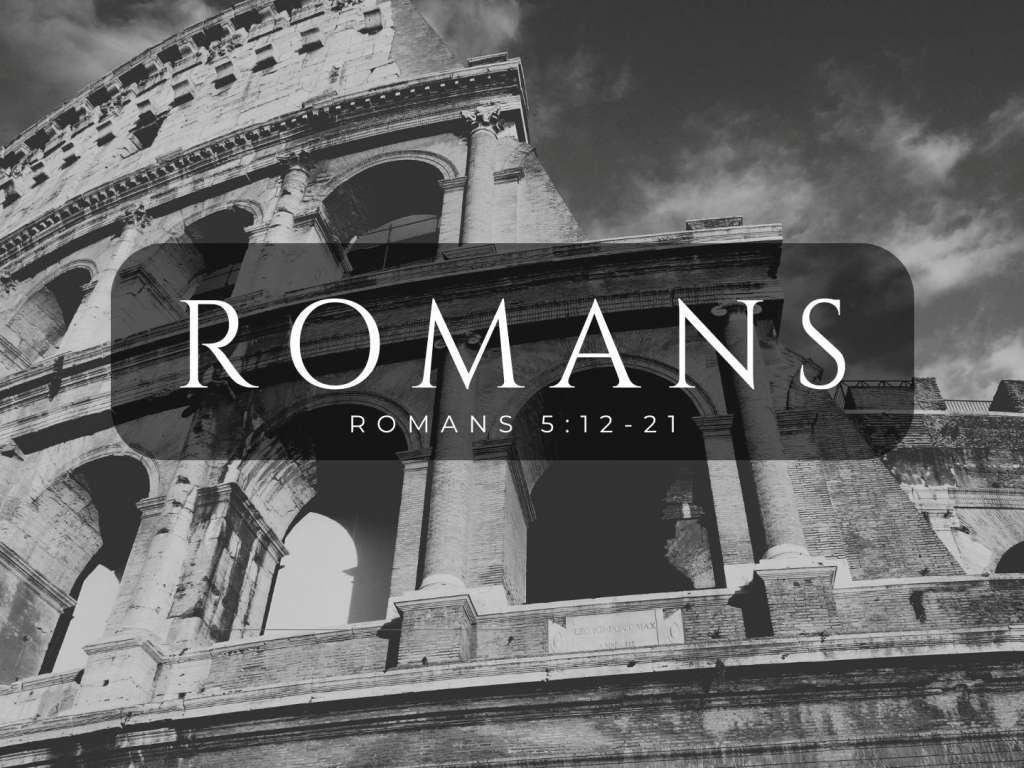
Romans 5:12-21
Paul looks at the Adam and Jesus today to explain how Jesus could take our place on the cross. Because of Adam, all sinned and all have died. In Christ, for those of us who put our trust in Him, sin is paid for, and we are given life!
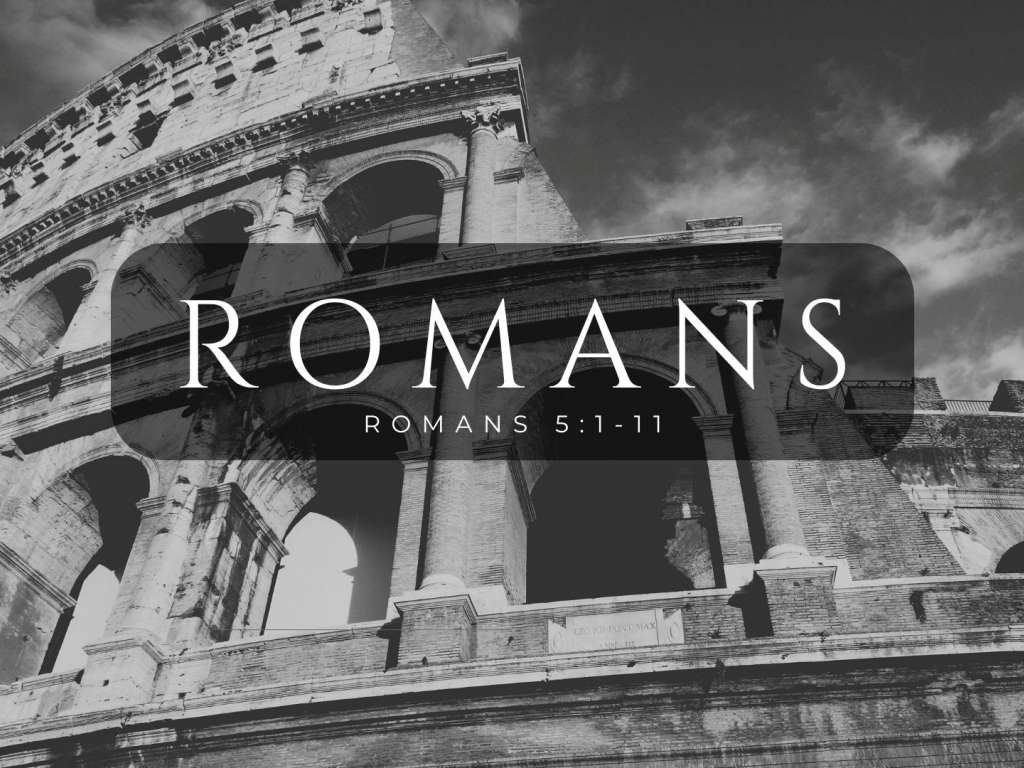
Romans 5:1-11
Last chapter, Paul showed that righteousness has always been the result of faith. This was true with Abraham before the law was given, and this was true with David after the law was given. And given the fact we are justified by faith, there are some things other that are a given as well. We have peace with God. We have gained access. We have the Holy Spirit. We have been reconciled. We are saved from God’s wrath.
